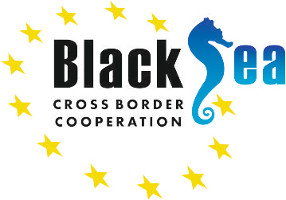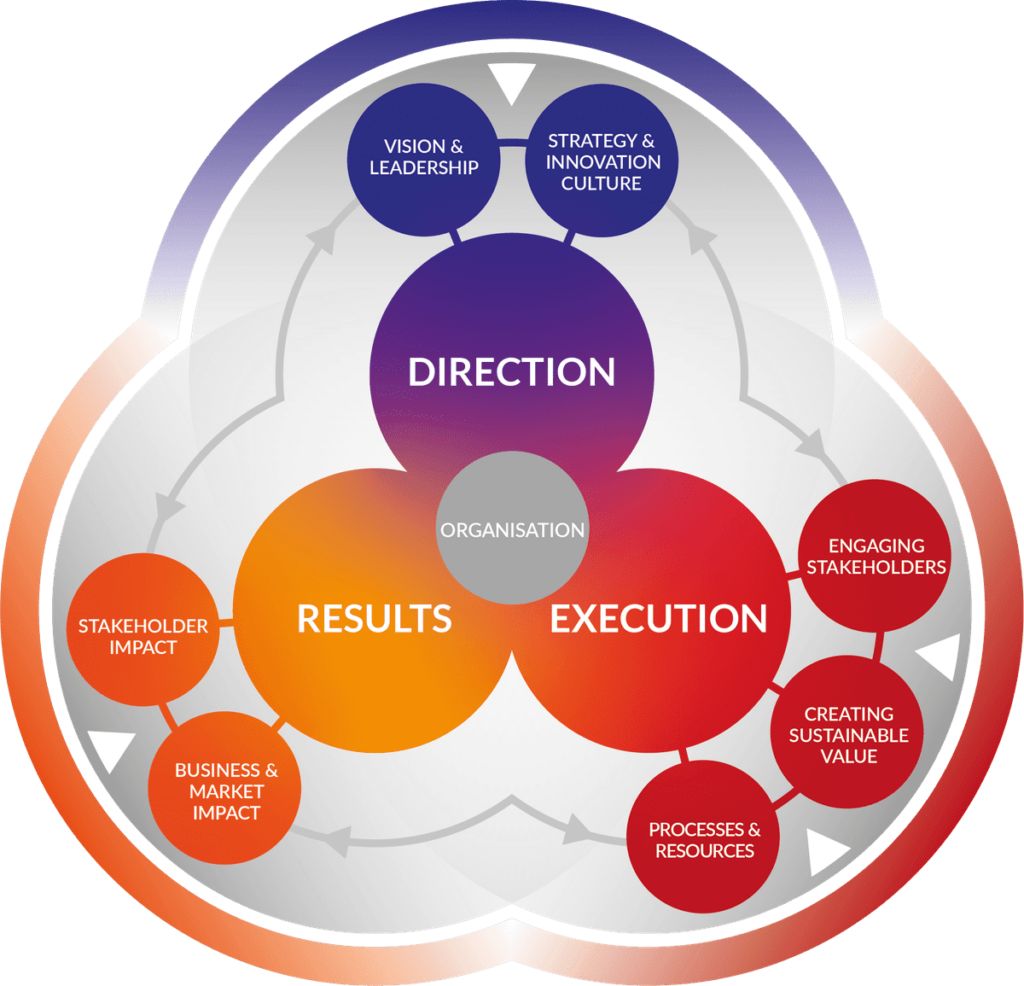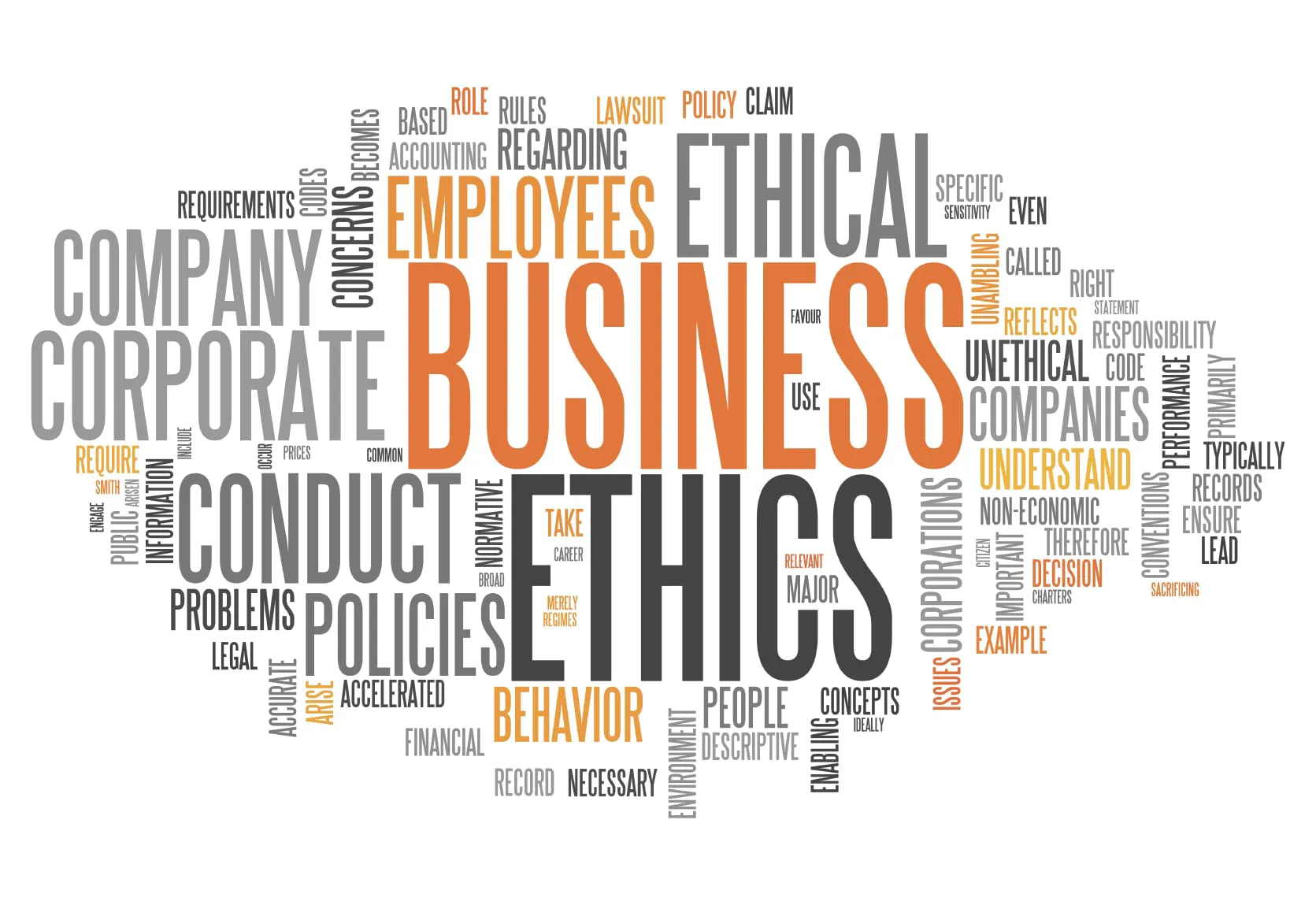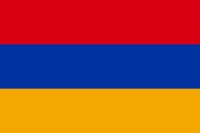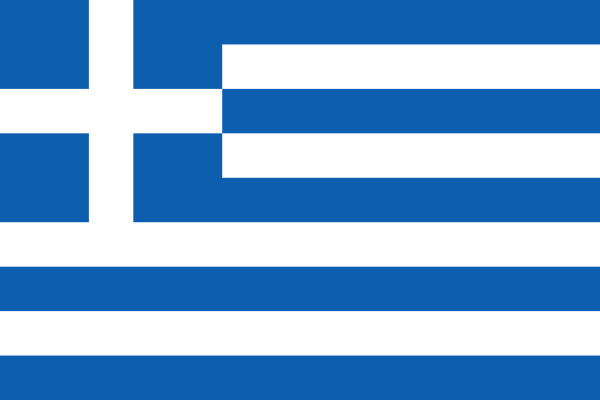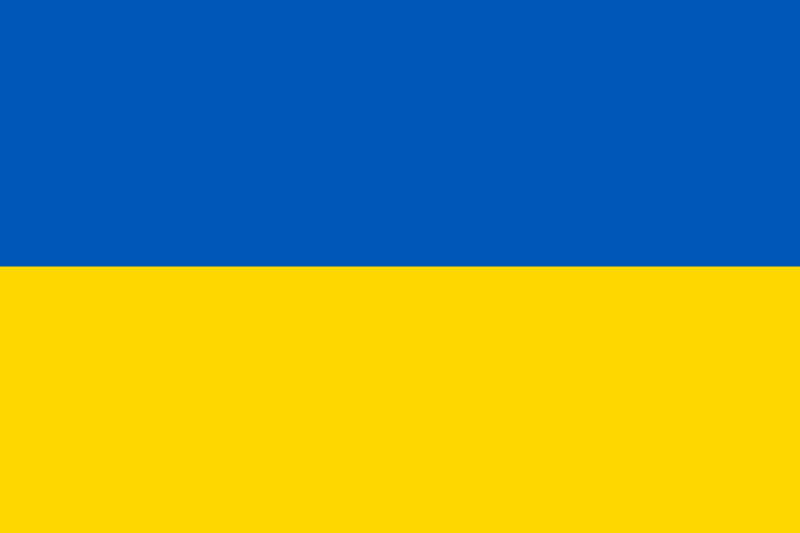What is Recognition for Excellence?
The EFQM Community likes to recognize and reward success. EFQM recognition shows how well an organization is performing against a globally proven management framework – the EFQM Model. An organization can achieve different levels of recognition – from “Validated by EFQM” through to being “7 star Recognized by EFQM” or even winning the EFQM Global Award.
The EFQM Recognition process is carried out by independent EFQM Assessors. They review the organization’s performance using the Model and offer tailored feedback throughout the process. This is combined with their own expertise running organizations all over the world.
Levels of EFQM Recognition
Organizations can achieve the following levels of recognition:
- Validated by EFQM
- Qualified by EFQM
- Recognized by EFQM, 3-7 stars
- EFQM Global Award
Since the EXCELTOUR project focuses on the first level – Validated by EFQM we will be discussing more in detail only this level in this article. Validated by EFQM is the “entry level” Recognition. It is designed for organizations that have started to use the EFQM Model and want to track their progress.
Who is Validated by EFQM for?
Validated by EFQM is for anyone looking for a fast, independent and expert view on how you to improve their organization.

What happens during Validation by EFQM?
The organization that wishes to be recognized as “validated by EFQM” starts by carrying out a high-level business review self-assessment. The EXCELTOUR project, through its facilitators, provides the self-assessment tool designed by EFQM to its beneficiary organizations and helps them conduct the self-assessment process to identify the priority areas for improvement.
EFQM then allocates an Assessor to each of these organizations. The EFQM recognition process is carried out by the independent EFQM Assessors.
The Assessor will offer a detailed feedback and recommendations for progress against the model. They review performance using the Model and offer tailored feedback throughout the process. The Assessor will also spend a day with them and their colleagues reviewing the organization’s performance.
Once the organization is Validated by EFQM, it can publicly demonstrate its commitment to continuous improvement to all of its key stakeholders. The achieved recognition is valid for three years.
How Relevant is the EFQM Excellence Model to Organizations that are Striving to Improve?
EFQM Excellence Model is very relevant to organizations that wish to perform better and become leaders in their respective areas. The philosophy of the EFQM model is self-explanatory and very logical: Why-Direction, How-Execution, What-Results. This logic not only addresses how to be excellent but also how to be radically different by understanding and reacting to all the relevant megatrends and other impulses in the environment.
The EFQM model is a framework and methodology to help organizations deal with the global shifts that continually reshape the world we live in. (The Covid-19 global pandemic is the most recent example.)
The EFQM Excellence Model helps organizations to:
- Define its purpose
- Create its culture
- Forge strong leaders
- Foster agile practices
- Address unique organizational challenges
- Forecast the future
However, the EFQM Excellence Model is not a one-stop-shop for business improvement. To support the organization’s implementation of the Model the organization needs a management system that is structured around Continuous Improvement.
Also, what the organization gets out is dependent on what it puts in. Continuous improvement requires hard work and commitment to:
- Creating a culture of continuous improvement
- Capturing everyone’s ideas for improvement
- Continuously implementing prioritized improvement plans
- Creating a culture of excellent and ongoing communication.
Adopting the EFQM Excellence Model will certainly help an organization with this, but of course the hard work still has to be done by the organization itself.


